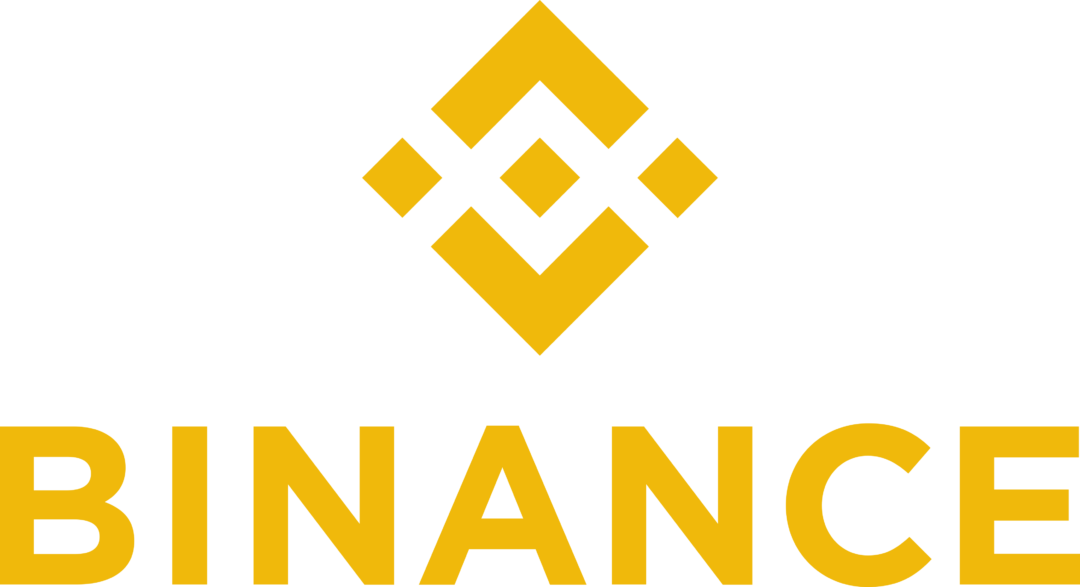Despite the drop in prices, the Bitcoin network continues to see significant volumes of payment settlements. According to Riot Blockchain analyst Pierre Rochard, the network processed $2 trillion in payments during the month of July. The value is not the highest in history. That record came in November 2021, when the network processed $8 trillion.
You might be interested in: 7 FAVORITE WAYS TO BUY A BITCOIN CARD IN 2022
The Bitcoin network processed the equivalent of three times the US GDP in 12 months
What's impressive, however, is that in the last 12 months the network has processed nearly $62 trillion in payments. This figure, which seems unimaginable, is almost three times the GDP of the United States ($21 trillion), the world's largest economy.
-

Amount of payments processed on the BTC blockchain in 12 months. Source: Twitter.
In other words, BTC continues to consolidate as an efficient means of moving large amounts of money, despite blockchain's limitations in terms of capacity.
The data brings surprising numbers.
First, the total volume of $62 trillion went completely through the first layer of BTC, without using Lightning or other layers. That's quite a feat considering the blockchain can only handle an average of seven transactions per second.
We can compare the connection between BTC layers to the operations of a traditional banking system. In this example, layer 1 functions as an operation between central banks and commercial banks that coordinate the international payment system.
Because these operations move large amounts, they are performed at Layer 1, which has more security and keeps records of transactions. And the large increase in the total transaction amount shows the strength that BTC is gaining.
Layer 2, on the other hand, represents transactions between people, such as current accounts for everyday use. Here, in the case of BTC, Lightning comes in, which has greater scalability, especially for smaller payments.
Trillions without intermediaries
However, all these payments require the presence of intermediaries if they are made through the traditional banking system. Currently, this role is played by banks, payment providers and central banks, which mediate the trillions of dollars that move every day.
However, this is not necessary for BTC, which is a peer-to-peer (P2P) network without the need for an intermediary. Therefore, the biggest surprise is precisely the expressive volume moved without this need. The Bitcoin network could therefore play an important geopolitical role in the future. If the processing capacity remains high, BTC can serve as a transaction tool without the influence of governments.
The frequent and large liquidity of BTC is an extremely positive thing for its mass use, generating confidence in the security of the network.
Do not miss: WHERE TO BUY BITCOIN AND CRYPTOMEN











